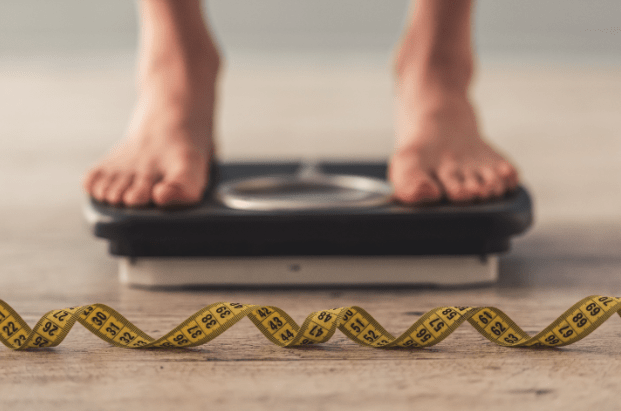
Sleep Apnea Schedule an Appointment
A new study has found that weight loss can help reduce the signs and symptoms of sleep apnea.
For millions of people around the world, “getting healthier” means diet and exercise improvements. By improving your diet and adding exercise to your daily routine, you can not only lose weight if needed, you can even improve your overall health. From diabetes to heart disease, cholesterol to cancer, eating healthy and exercising can help improve and even prevent some conditions. But a new study has found it can also help reduce the symptoms from yet another dangerous culprit – sleep apnea.
Sleep apnea is a sleep disorder which is caused by the airway collapsing repeatedly throughout the night, causing the person with the apnea to struggle to breathe, stopping and restarting, and waking over and over in the process. Sleep apnea causes many cognitive problems during the day, and can also worsen some of the same conditions as obesity- diabetes, heart disease, high cholesterol, and even some cancers.
The study was conducted by Carneiro-Barrera et al,in Spain, and found that with weight loss, a group of men with sleep apnea were able to reduce their symptoms of sleep apnea during the night.
But while diet and exercise, and of course weight loss are helpful tools for reducing your sleep apnea signs, sleep apnea treatment is still recommended for those who have it. Usually, that comes in the form of CPAP (continuous positive airway pressure) therapy, however recent studies have found CPAP to be ineffective in many cases, because it is often not used properly. This is because between the complicated machinery, difficult to clean tubing, and uncomfortable mask, many people don’t use it as often as prescribed, rendering it ineffective, or really, useless.
That’s where Dr. Abelar steps in, with a custom sleep orthotic to help prop the airway open naturally as you sleep. Sleep orthotics are comfortable, easy to clean, and can be used with or without power, so they’re perfect for travel. Not only that, but they work just as well as CPAP, without the use of forced air.
To learn more about custom sleep orthotics and how they can aid your sleep apnea symptoms in conjunction with a healthy diet and exercise regimen, please contact Dr. Abelar’s office today and schedule a free consultation! We can’t wait to see you!






